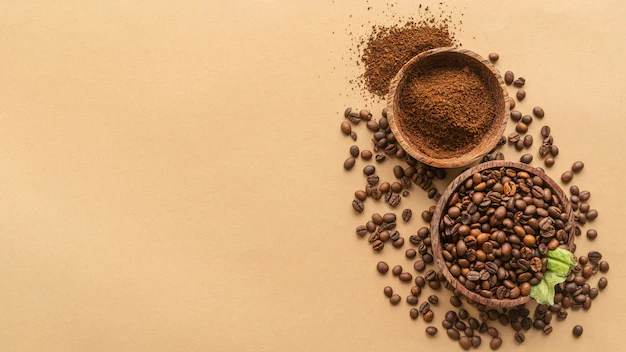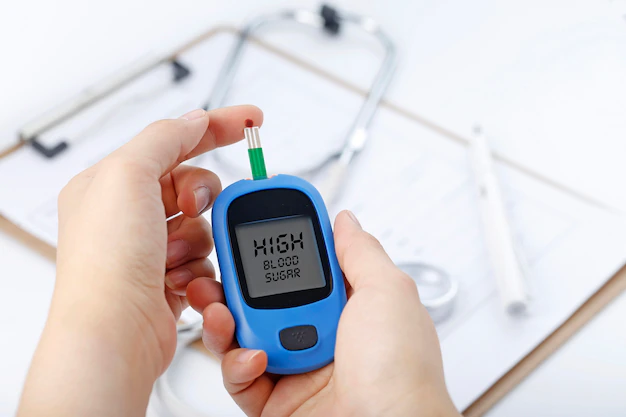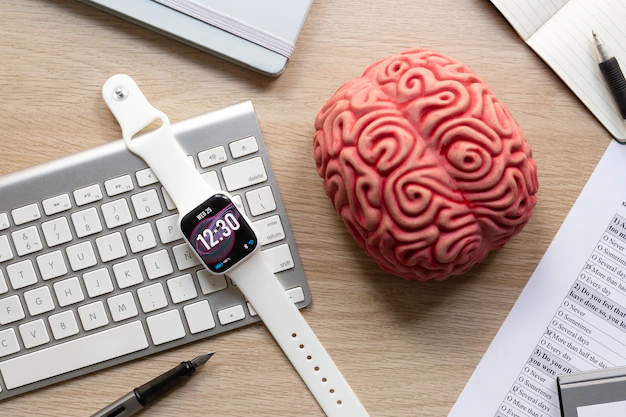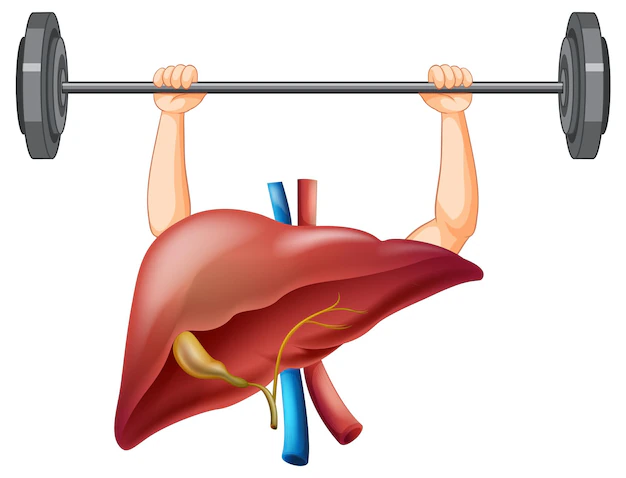⚠️ Medical Disclaimer
Important: This content is for informational and educational purposes only. It should not be used as a substitute for professional medical advice, diagnosis, or treatment. Always consult with a qualified healthcare provider before making changes to your diet, taking supplements, or if you have questions about a medical condition. Never disregard professional medical advice or delay seeking it because of information you read here.
Last Updated on February 5, 2024 by Grace Oluchi


Caffeine can be a part of a healthy diet for a lot of people, but taking too much may have a negative effect on your health.
Every day, billions of people rely on caffeine to jump start their day, or get through a night shift.
In this article, you’ll be discovering several information concerning caffeine easily.
So what is caffeine even?
What is Caffeine?
Caffeine is a bitter and natural stimulant that occurs in some foods and beverages. You can find it in coffee, tea, cola, cocoa, guayana, Yerba mate , chocolate and other 60 products.
It is a drug that stimulates (increases the activity of) your brain and nervous system.
What foods and drinks contain have caffeine in them?
You can find it (naturally) in seeds, nuts or leaves of certain plants. Then they are harvested and processed to produce caffeinated drinks and beverages that you see today.
Here are some popular beverages that contain it.
- Brewed tea: 40-120 mg
- Soft drink: 20-40 mg
- Cocoa beverage: 2-7 mg
- Yerba mate: 65-130
- Coffee: 102-200mg
- Chocolate milk: 2-7 mg
- Decaffeinated coffee: 3-12 mg
- Expresso: 240- 720mg
You can also find it in some prescription and over- the counter drugs like allergy, cold and pain medication. It is also found in weight loss supplements.
Uses Of Caffeine
The FDA (Food and Drug Administration consider caffeine to be both a drug and food additive. They also advise to not proceed amount of 400 mg a day.
In some prescription and over-the counter medicines, caffeine is used to treat fatigue and drowsiness, and to also improve the result of some pain relievers.
Other uses include
- Obesity
- Memory
- Athletic performance
- Mental Alertness
But you must note that using it as an alertness aid should only be seasonal and not a norm. It is not intended to replace sleep and should not be regularly used for such .
Benefits Of Caffeine
Caffeine may offer some health benefits, but note that all of these haven’t been confirmed by research. Some of the health benefits include:
- Weight loss
- Alertness
- May protect against heart disease
- May help protect against diabetes
- It could improve brain function
- Memory
- May improve the liver and colon
- Cataracts
1 . Weight loss


Because of its ability to stimulate the central nervous system, it may increase your metabolism by up to 11% and fat burning, by up to 13%. It may also help suppress your appetite and temporarily reduce the desire to eat.
Also, some weight loads products that are marketed as thermogenics may contain caffeine and ephedra or ephedrine. But keep it in mind that research has not confirmed long term results.
2 . Alertness


A 75 mg service of caffeine can increase attention and alertness, and a dose of 160-600 mg may help improve speed reasoning, mental alertness and memory.
3 . May protect against heart disease


Irrespective of what you may have heard, caffeine does not raise the risk of heart disease.
As a matter of fact, some evidence show a 16-18% lower risk of heart disease in people who drink between 1-4 cups of coffee daily (which provides approximately 100-400 mg of caffeine.
Other studies also reveal that drinking 2-4 cups of coffee or green tea per day can lower the risk of a stroke occurring.
4 . May help protect against diabetes


A review found that people who increased their coffee intake by more than a cup a day, over a four year period had a lower risk of developing type 2 diabetes compared to those who didn’t change their intake.
Another noteworthy you should know is that, consuming decaffeinated coffee was found to lower risk of diabetes by 21%. This shows that other beneficial compounds in coffee can also protect against type 2 diabetes.
5 . It could improve brain function


Caffeine affects adenosine receptors in the brain. It’s also said to contain polyphenol antioxidant , and these, too, act on various pathways. Furthermore, studies have suggested that drinking coffee may help enhance some thinking skills and slow the mental decline that comes with age. However, more research is needed to confirm this.
6 . Memory


A researcher from John Hopkins University suggests that a dose of caffeine after a learning period, may help improve long- term memory.
7 . May improve the liver and colon


It is believed that caffeine enemas may help prepare the colon for an endoscopy or colonoscopy by supporting the excretion of bile through the colon wall. However, there is little evidence to support this theory.
8 . Cataracts.


Researchers discovered that caffeine may help protect the lens of the eye against damage that could cause the build up of cataracts.
Some other potential benefits:
- may help guard you against cancer
- prevent kidney stones
- it may lower risk of stroke
it may enhance exercise performance
Some Side Effects
The following effects may occur if you consume too much caffeine:
- Trembling hands
- Dehydration
- Restlessness
- Rapid heartbeat (palpitations)
- It may promote headaches
- Anxiety
- Irritability
- Depression
- Loss of pregnancy, delayed fetal growth and abnormal fetal heart beat
- Dizziness and headaches
Frequent Asked Question
How much caffeine is too much?
For healthy adults, the FDA declared four-five cups a day (400 milligrams) as a reasonable amount and is not generally associated with dangerous, negative effect. So, if you take more than this, it could become a problem.
However, there is a broad difference in how sensitive a person could be to the effects of caffeine and how fast they can break it down.
Some certain conditions could make people more sensitive to it’s effects, as can some medications. Furthermore, if you’re trying to become pregnant, or lactating, or are concerned about some other conditions or medication, try talking to your health care provider about the amount of your caffeine consumption and if you need to limit it.
What about caffeine for children?
The FDA hasn’t set a limit for children, but the American Academy of Pediatrics discourages the intake of caffeine and other stimulants by children and adolescents.
Take Away
Consuming caffeine in moderation appears to not pose a threat to your health, and it may bring health benefits.
According to the FDA, one shouldn’t surpass an amount of 400 mg of caffeine a day.
However, the effect may vary according to the amount consumed, and somethings such as, an individual’s size, sex, reaction to the effects of supplements and medications.
Also, consuming pure caffeine can be dangerous and life threatening, so make sure you avoid doing that.

